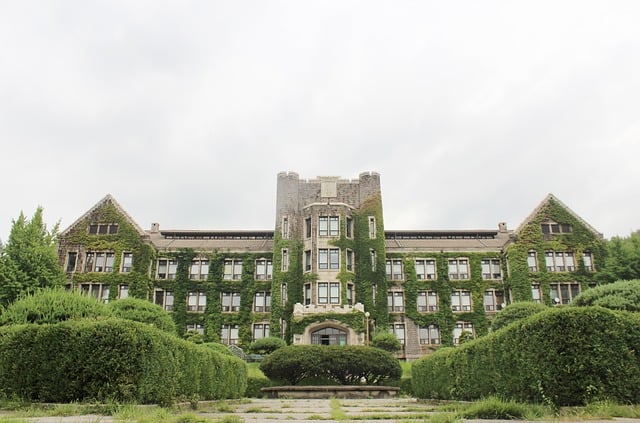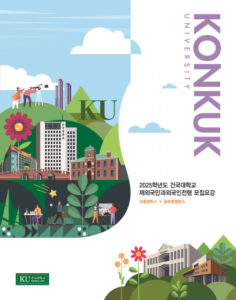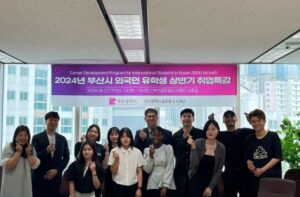
A Guide for International Students
Studying at a Korean university can be an exciting and fulfilling experience for international students. As you embark on your academic journey, it’s essential to understand how the semester terms and classes are structured in Korean universities. This guide will provide you with an overview of the typical structure and key elements of the Korean university system.
Semester System:
Korean universities typically follow a semester system, divided into two main terms: Spring and Fall. The Spring semester usually begins in March and runs until June, while the Fall semester starts in September and ends in December. Some universities may also offer a Summer/Winter session, which is a shorter term during the break between the main semesters.
Course Credit System:
Korean universities utilize a credit system to measure academic workload and progress. Each course is assigned a specific number of credits based on the expected workload, usually ranging from 1 to 6 credits. The total number of credits required to complete a degree program varies depending on the university and major.
Course Registration:
Before each semester, students must register for their desired courses. Registration typically takes place online through the university’s student portal or registration system. It is important to familiarize yourself with the registration procedures, including the specific dates and any prerequisites or restrictions for certain courses.
Major and General Education Requirements:
Korean universities often have specific requirements for both major courses (related to your chosen field of study) and general education courses (covering a wide range of subjects outside your major). Major requirements are designed to provide in-depth knowledge and skills in your chosen field, while general education courses aim to foster a well-rounded education and develop critical thinking abilities.
Class Format and Schedule:
Classes in Korean universities can have varying formats, including lectures, seminars, discussions, and laboratory sessions, depending on the subject and level of study. Classes are typically scheduled during weekdays, from Monday to Friday, with occasional evening or weekend classes. It’s important to check the class schedule and plan your timetable accordingly.
Class Size and Participation:
Class sizes can vary depending on the university and specific course. While some classes may have a large number of students, others, particularly seminars or advanced courses, may have smaller class sizes to encourage more active participation and discussion. Engaging in class discussions and participating in group activities are valued aspects of the learning experience in Korean universities.
Examinations and Assessments:
Assessment methods in Korean universities may include written exams, presentations, projects, papers, and group assignments. Exams are often held at the end of the semester, but there may also be mid-term exams or quizzes throughout the term. It’s important to review the syllabus and understand the assessment criteria for each course to prepare effectively.
Academic Calendar and Breaks:
Korean universities typically have a winter break (from late December to early February) and a summer break (from late June to late August). These breaks provide an opportunity for students to rest, engage in extracurricular activities, or pursue internships. It’s important to check the academic calendar of your university to plan your activities and make necessary arrangements.
Understanding the structure of semester terms and classes in Korean universities will help you navigate your academic journey more effectively. Make sure to familiarize yourself with the specific guidelines and requirements of your chosen university, as they may have unique variations or additional regulations. Embrace the opportunities for learning, growth, and cultural exchange as you embark on your studies in a Korean university.








